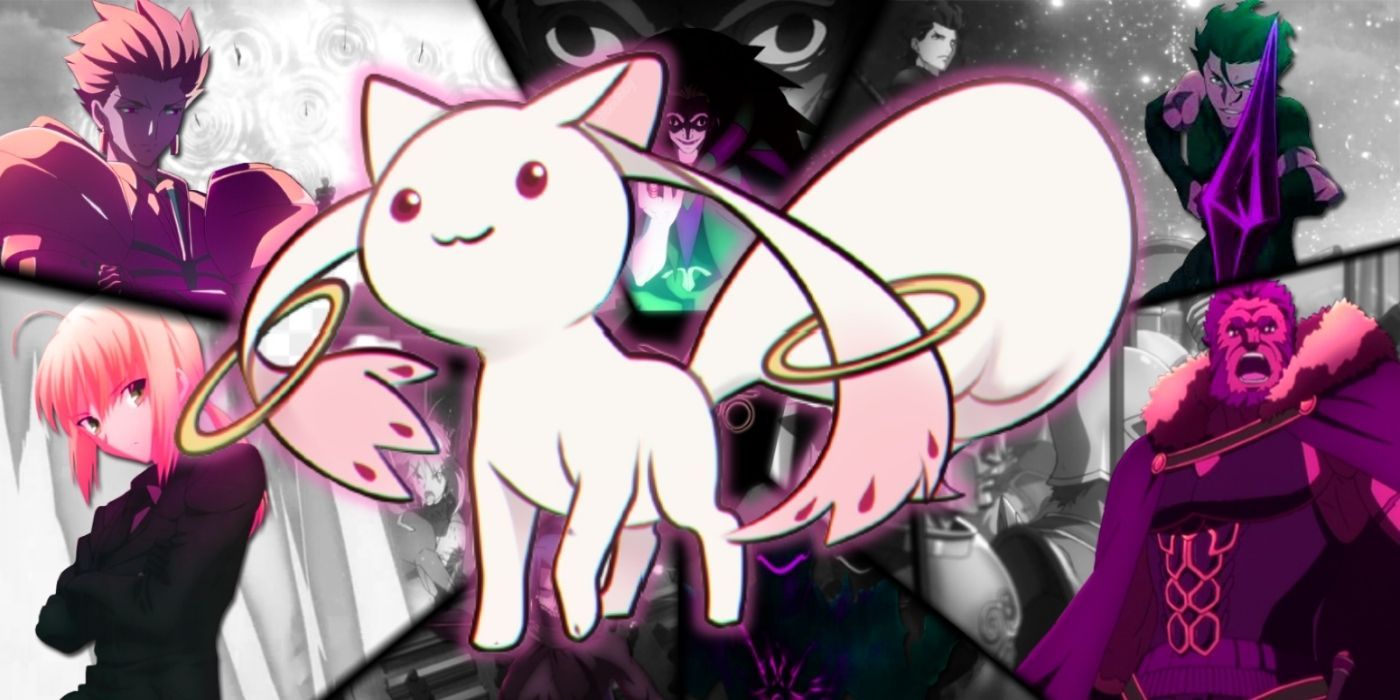
Anime fans know that sometimes it takes a good series time to find its footing. Fans are willing to give most anime a second chance, especially when a show seems to have huge potential. So while some series get dropped like hot potatoes after a terrible pilot, others are given the benefit of the doubt.
Experience has proven that a more patient approach to appreciating anime is warranted. Time and time again, series that start off unremarkable eventually become unforgettable, blowing those lowered expectations out of the water.
10 Golden Time Seems Vapid Until A Stunning Twist Comes To Light
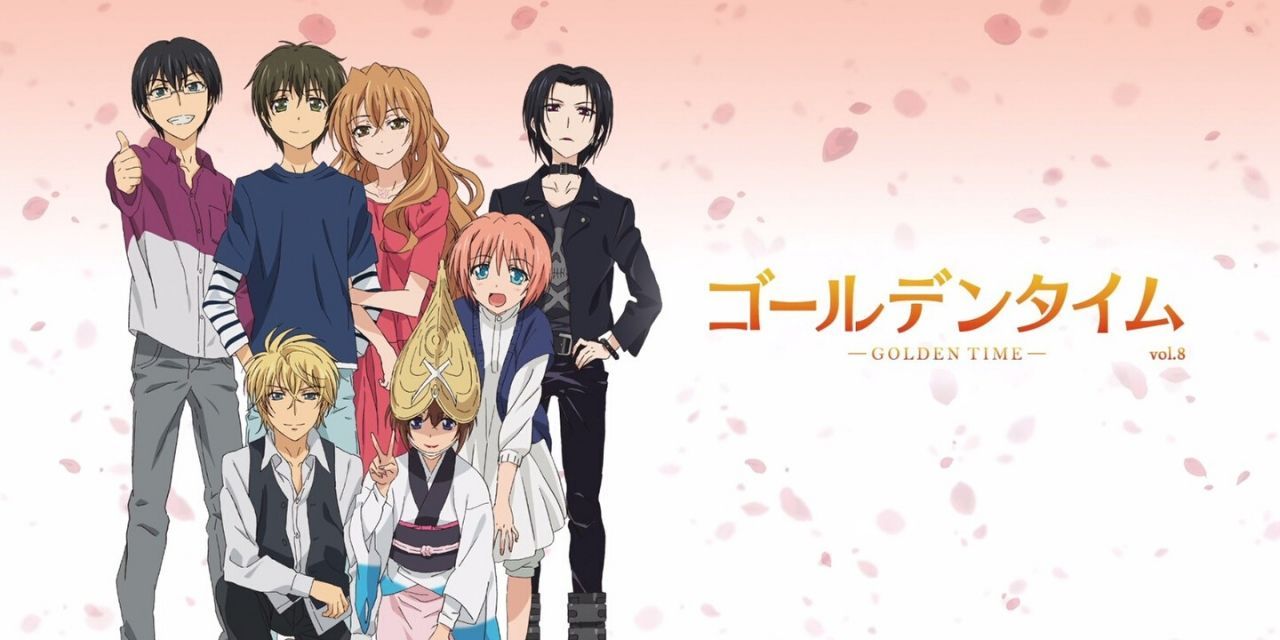
Golden Time was its own worst enemy. Under the divisive direction of Chiaki Kon, the series suffered from tonal issues, bland character design, and the vibes of a mindless rom-com. The first few episodes feel mostly vapid, a failed attempt at capturing the college experience.
But a few episodes in, the audience learns there's a reason that the protagonist, Banri, seems like a shallow Gary Stew -- Banri is suffering from traumatic brain injury and amnesia. He has no idea who he is, and is trying his best just to become a person again. Suddenly, any delusions of a golden ideal college life shatter. Suddenly, this show is unique.
9 Gosick Appears To Be A Formulaic Loli-Detective Show
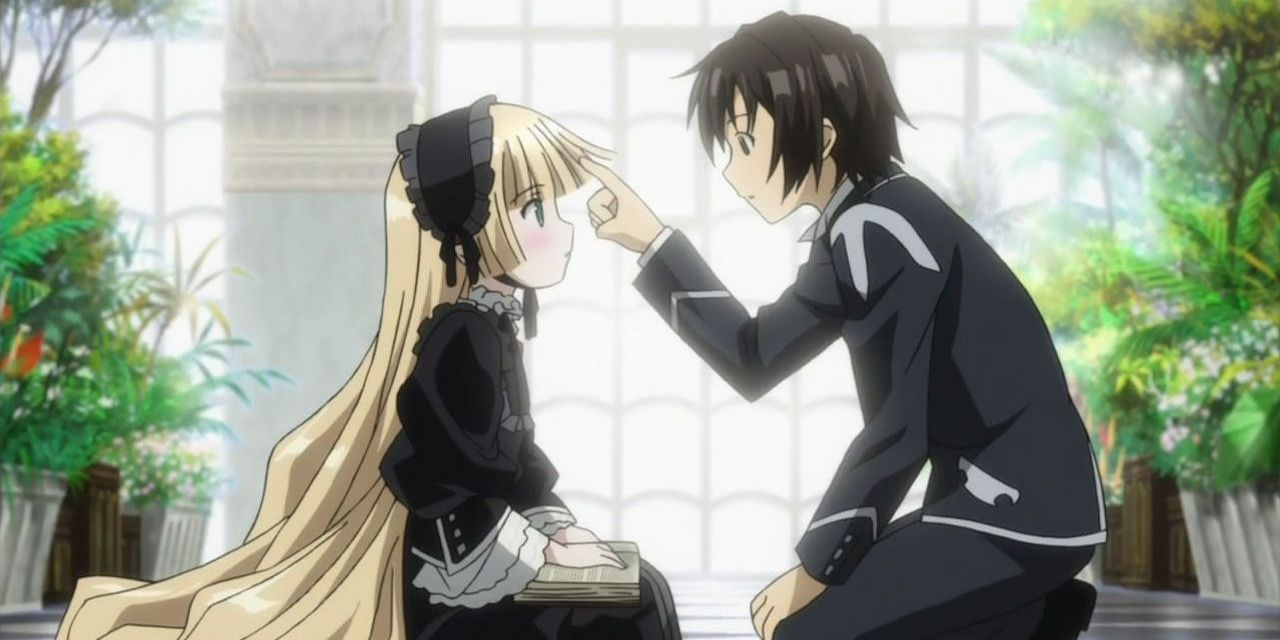
In the capable hands of Studio Bones, even anime that lack cohesion or a great story at least look good. As pretty as it was, Gosick started life out on the wrong foot. Featuring a gothic lolita detective and a gormless outsider who invades her personal space, the show leaned hard on established tropes from the get-go. It seemed likely to become an episodic, mystery-of-the-week series with shallow characters. But Studio Bones should never be underestimated. Midway through, Gosick develops into a truly evocative, memorable piece of storytelling.
8 Princess Tutu Seems Twee Until The Darkness Sets In
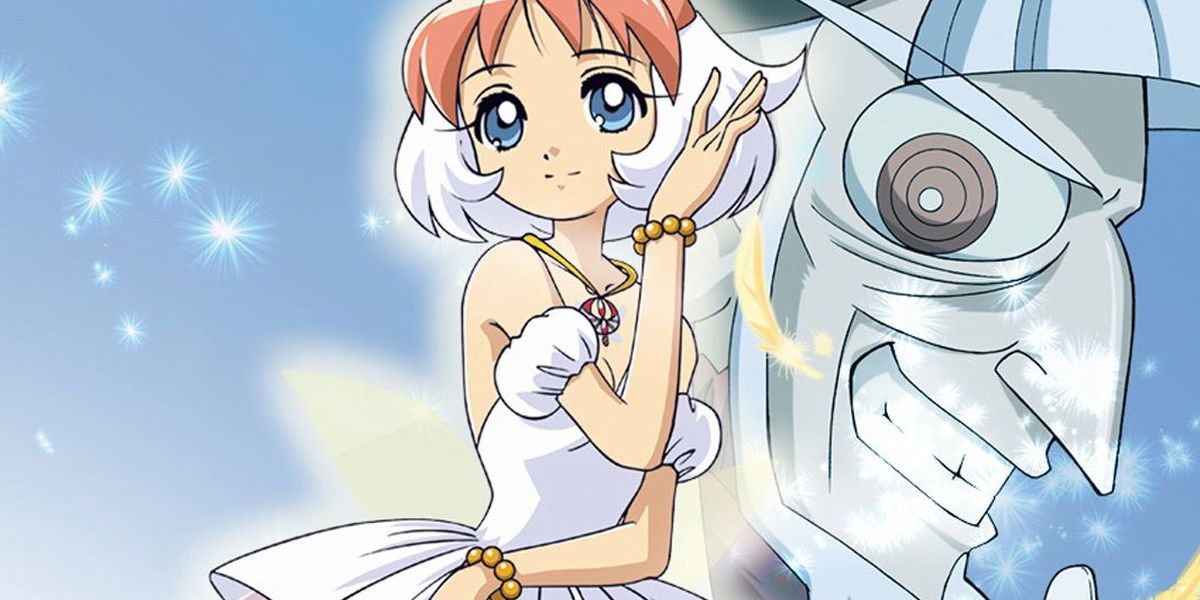
It's hard to recommend Princess Tutu to friends, and that's a real shame. The series was Madoka before Madoka existed, a shojo standout that truly subverted every expectation. Princess Tutu is also one of the most meta anime ever created. It imagines not just a fairy tale, but a world beyond the fairy tale, directed by a disturbing puppeteer who traps all the characters in a dark folktale.
Yet there's no getting around the fact that Princess Tutu looks like a ballerina anime made for five-year-olds. The character designs are unique but bound to put off certain viewers. Add to that dated animation and a cat teacher who sexually harasses his students, and it's no wonder not everyone gives Tutu the attention it deserves.
7 In The Beginning, Toradora Relies On Distasteful Romance Tropes
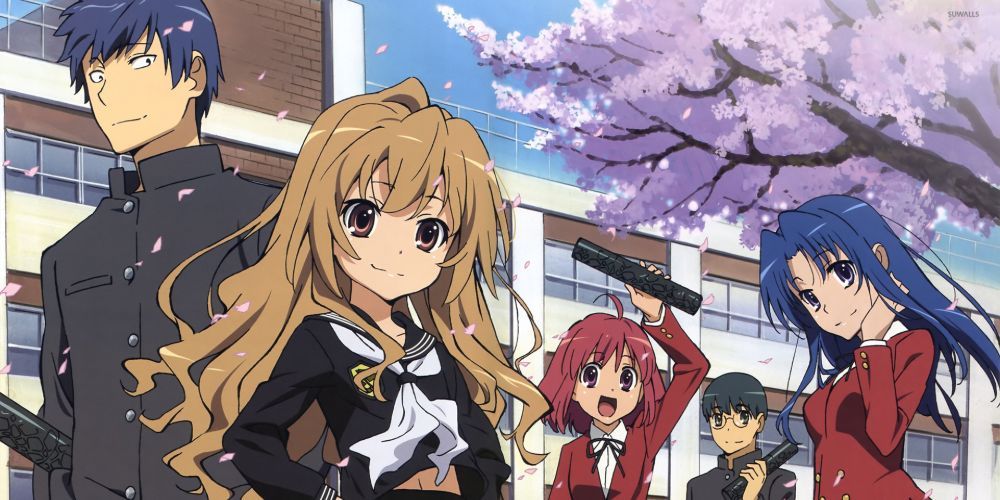
Toradora is often listed among the best romance anime of all time, but any newcomers watching the show with that in mind may find themselves flummoxed. Though Toradora aired in 2008, Taiga feels like the sort of abusive, rude heroine popularized in the nineties. Her violence is more frustrating than comical.
However, the writing improves as the story progresses, and after an initial rough patch, the characters -- and Taiga especially-- become complex, multifaceted people. By the end, Toradora lives up to its reputation, and the missteps make the growth feel all the sweeter.
6 Phantom Blood Is No One's Favorite Arc From JoJo's Bizarre Adventure
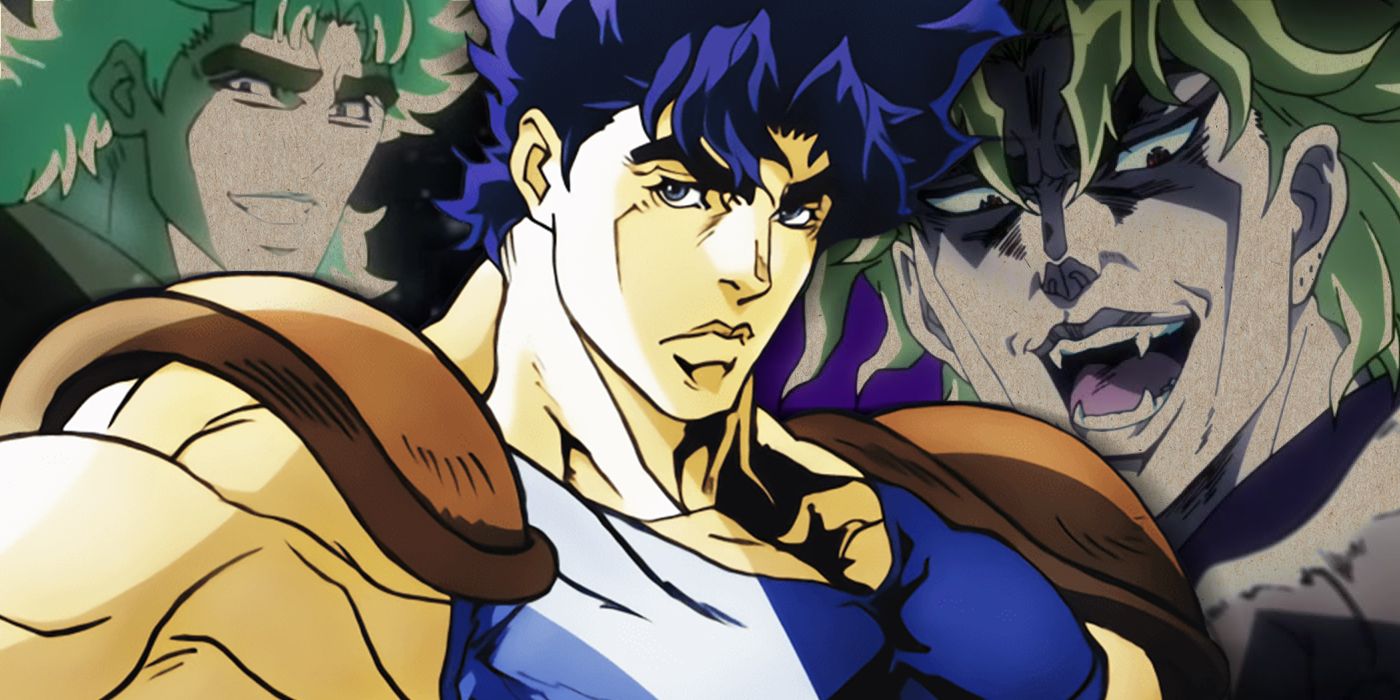
JoJo's Bizarre Adventure fans are delightfully rabid, and the franchise has more than earned its place as a modern classic, a shonen standout that lives up to the word "bizarre." Despite this, the first revival season didn't win everyone over.
While most fans can continuously argue which arc is best, few cite Phantom Blood as a favorite. Complicating matters, when JoJo aired in 2012, nothing else out there was remotely like it. Those retro jawlines, ridiculous eyelashes, the purple-centric color scheme, macho vampires -- it all felt like too much. That may still be the case, but JoJo being too much is precisely what fans love about it today.
5 Shinsekai Yori Meanders Through A Post-Apocalyptic World
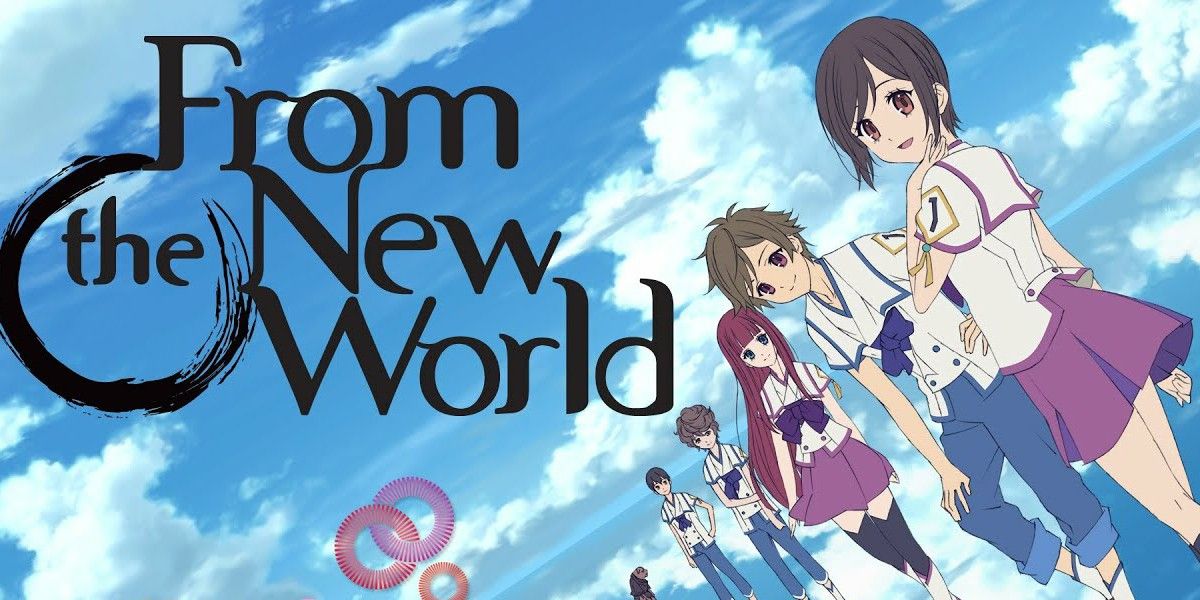
At times unsettling and introspective, Shinsekai Yori initially misses the mark. The first episode is a bit confusing, and the setting and circumstances the characters find themselves in aren't clear. Where is this place, why are the children psychic, and why should anyone care? Things drag on in a haze for several episodes, but From the New World has a lot to say about humanity and the future. Around five episodes in, it develops into an unforgettable, one-of-a-kind viewing experience.
4 Madoka Hides Its Hand In The Beginning
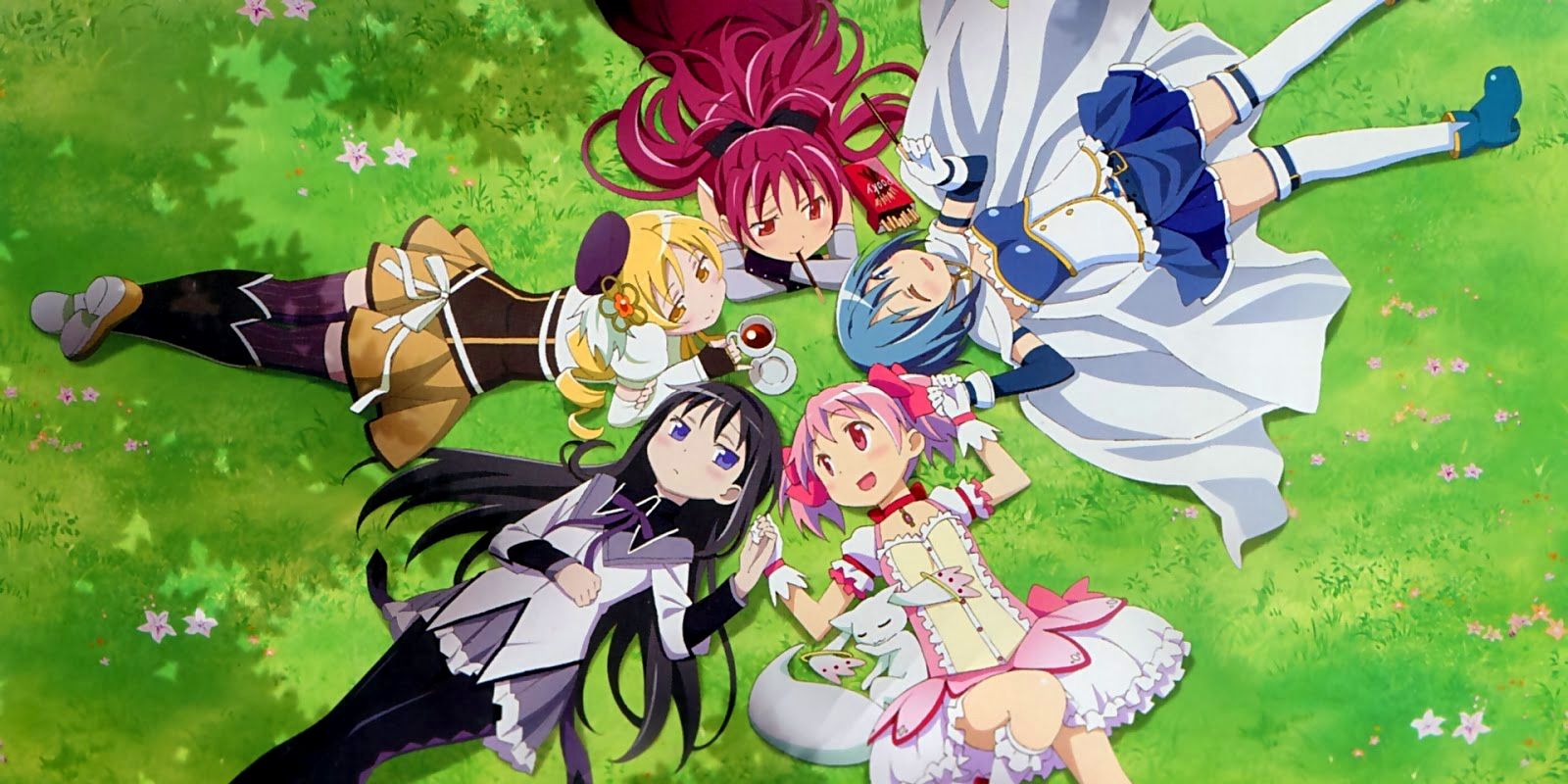
Madoka is now such an unassailable classic that's it hard to imagine there was ever a time that wasn't the case. The first few episodes of Madoka felt a bit mundane, as though beautiful visuals had been wasted on an all-too-familiar magical girl plot.
There's a thread of darkness under the surface, but without SHAFT's animation, it's likely people would have dismissed the show early on. Episode three changes the game entirely. In hindsight, Madoka does have a strong start -- it lures the audience into a false sense of calm, setting all the familiar storytelling blocks up so that they can be toppled down in spectacular fashion.
3 Steins;Gate Has A Slow & Pretentious Beginning
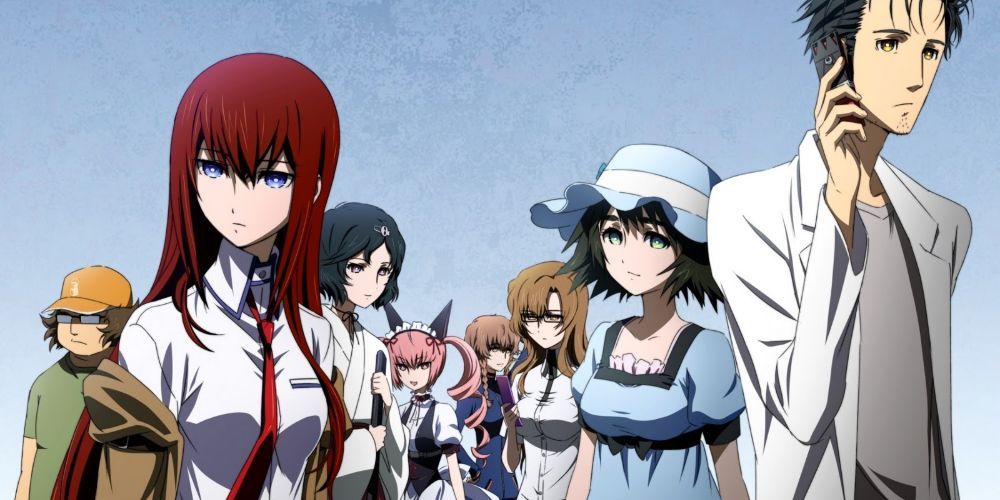
Steins;Gate tries so very hard to be smart. The initial episodes are grating, a dull gray-washed harem about a "genius" young man and the women who gather around him. "Clever" references to science-fiction and frequent failed attempts to make Rintaro feel quirky wooed only the most susceptible of viewers.
Luckily, the show eventually finds its footing and a real sense of purpose. While Steins;Gate is never quite as clever as it pretends to be, it is odd, evocative, and at times thoughtful. All the smarts in the world mean nothing if the story isn't compelling. By the end, Steins; Gate grows a heart.
2 Fullmetal Alchemist: Brotherhood Starts With A Bland Filler Episode
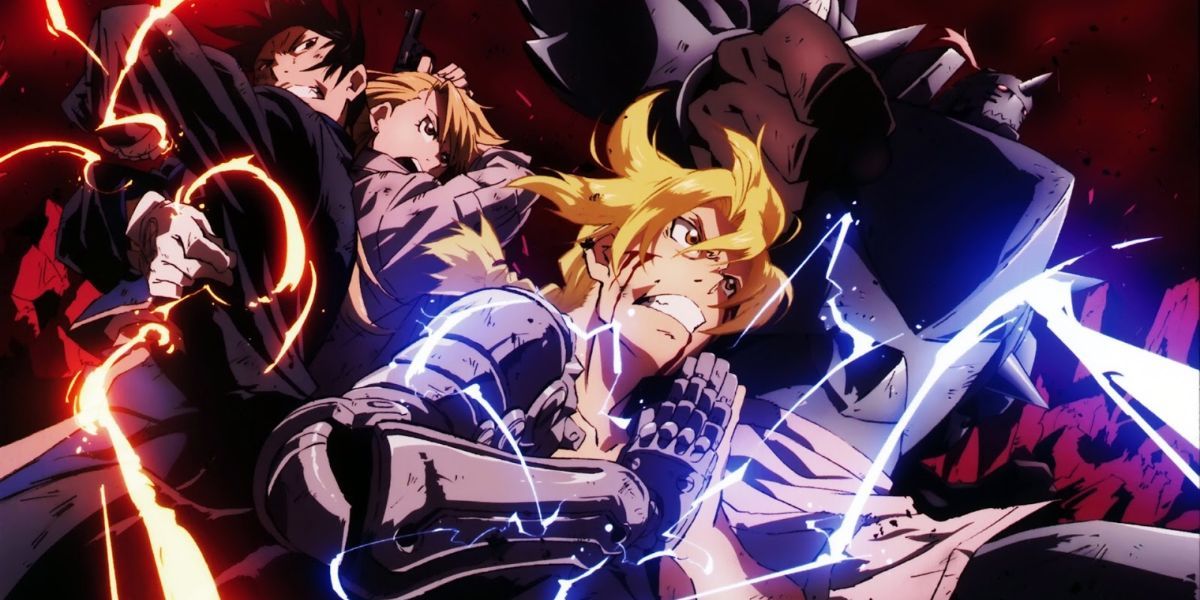
More than a few FMA fans were initially disappointed in Brotherhood. Episode One, "Fullmetal Alchemist," was especially questionable. Seemingly in an attempt to avoid retreading the exact same ground as the first series, Brotherhood begins with a subpar filler episode set in the capital, throwing all the characters into a pointless plot about a rogue alchemist. Luckily, the show soon finds its rhythm, though early episodes do feel rushed. Brotherhood, by the end, is an adaptation worthy of Arakawa's genius manga.
1 Fate/Zero's First Episode Is A Painful Info Dump
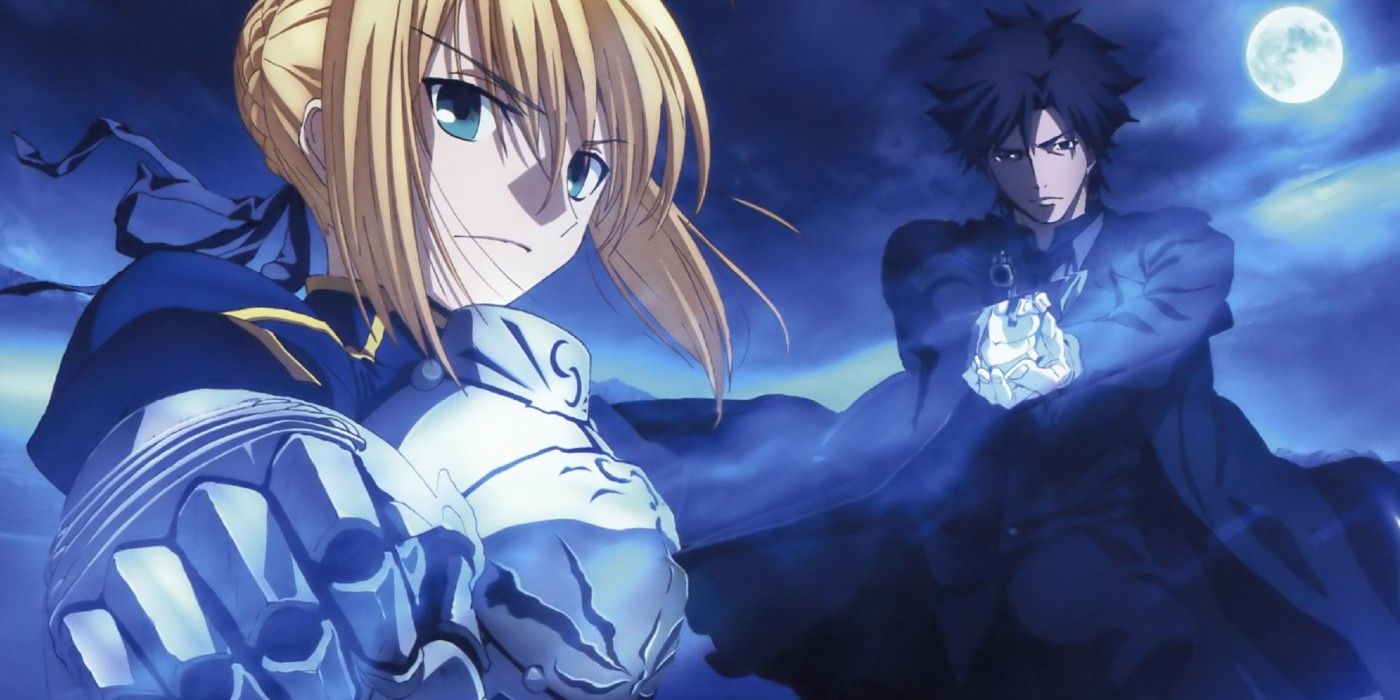
When Fate/Zero hit screens, its advocates acted as though the show was the second coming. Outsiders, eager to see what the fuss was about, pressed play in excitement -- only to be treated to the most convoluted and dull info dump known to anime history. Episode One is over 40 minutes long, achingly slow, and profoundly convoluted. The Holy Grail War is introduced, and so are a handful of characters, but the audience is left wondering why any of it matters. Fortunately, Ufotable animated even the most boring scenes to perfection, and viewers willing to keep watching soon understood the hype.
0 Comments